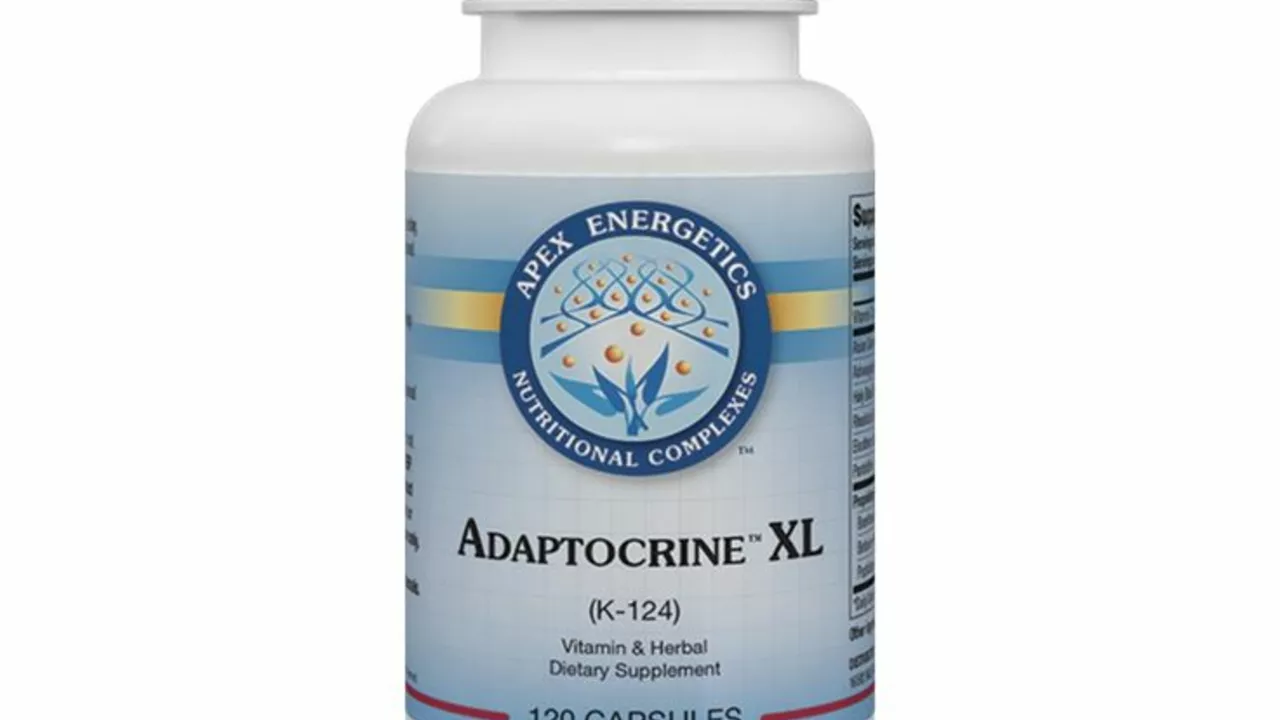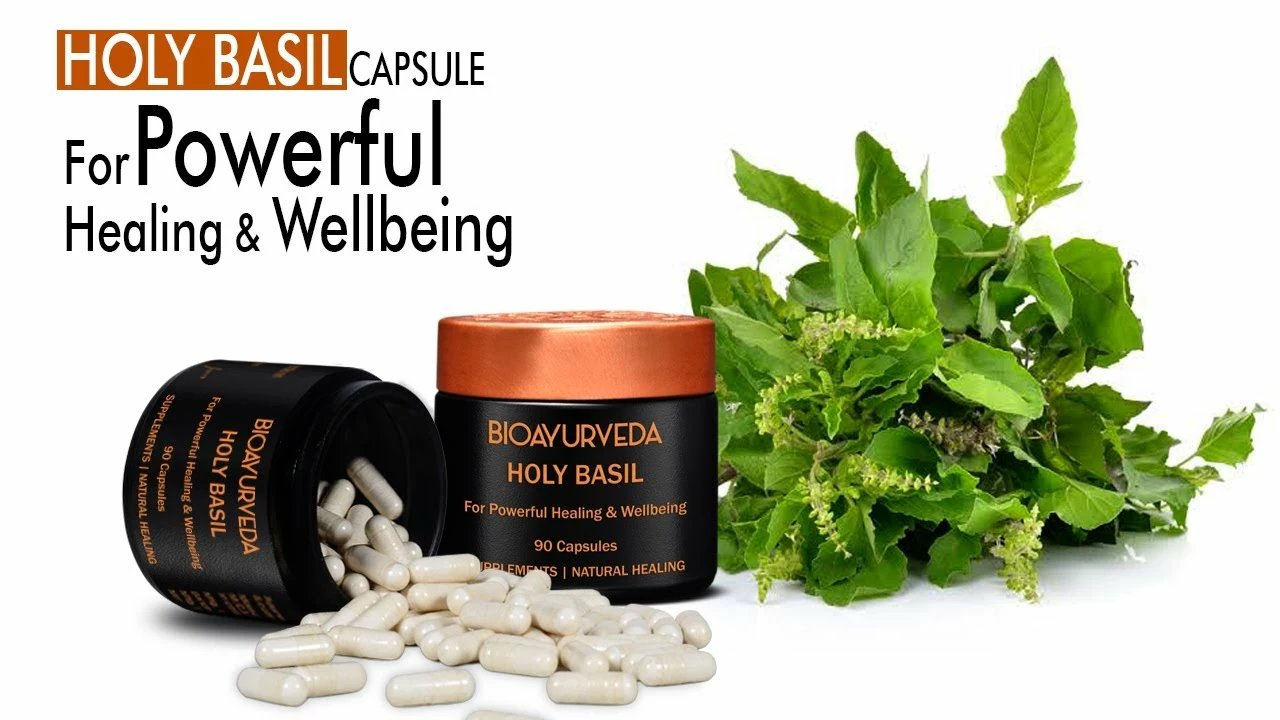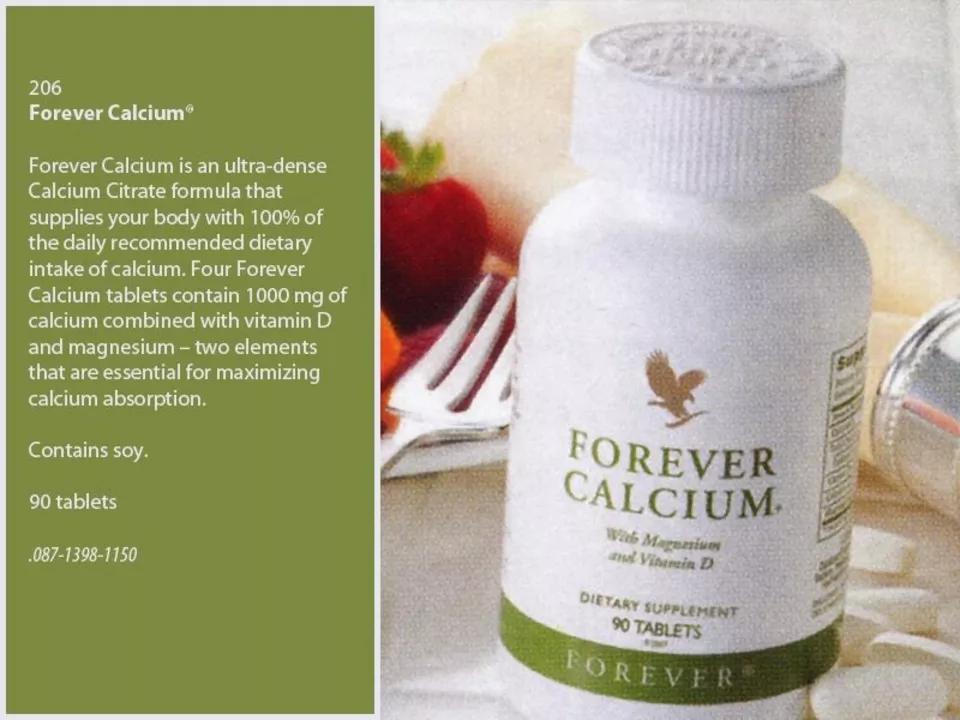Discover how European Barberry, rich in berberine and antioxidants, is reshaping the supplement world with proven benefits for blood sugar, gut health, and inflammation.
Dietary Supplement – What It Is, Why It Matters, and How to Choose Safely
If you’ve ever wondered whether that bottle of pills on the shelf can really help, you’re not alone. Dietary supplements range from vitamins and minerals to plant extracts and protein powders. They’re meant to fill gaps in your diet, support specific health goals, or boost overall energy. But because the market is huge, picking the right one can feel overwhelming.
The first thing to check is why you need a supplement. Are you trying to improve joint comfort, increase focus, or simply make sure you get enough vitamin D? Knowing your goal narrows down the options and keeps you from buying something you’ll never use. For example, if you spend most of the day indoors, a vitamin D supplement might be worth considering, while an athlete may benefit more from a protein powder.
How to Spot Quality Products
Look for third‑party testing labels such as USP, NSF, or ConsumerLab. These marks mean an independent lab has verified the ingredient list and checked for contaminants. Also, read the label for “active” amounts – a supplement that lists 500 mg of turmeric but only 5 mg of curcumin isn’t likely to give you strong anti‑inflammatory effects. Stick with brands that are transparent about sourcing and manufacturing processes.
Price can be a trap, too. A higher price doesn’t always equal better quality, but very cheap products often skip important safety steps. Compare the cost per serving rather than the bottle price to see if you’re really getting value. If a deal seems too good to be true, it probably is.
Common Safety Tips and Mistakes
Never mix supplements with prescription meds without checking first – some herbs can interfere with blood thinners or diabetes drugs. A quick chat with your pharmacist or doctor can save you headaches later. Also, remember that “natural” doesn’t mean harmless; high doses of certain vitamins (like A or K) can cause toxicity.
Start low and see how your body reacts. If you’re adding a new supplement, give it a week before judging its impact. Keep track of any side effects like stomach upset or headaches, and stop if they persist. Finally, store supplements in a cool, dry place; heat and moisture can degrade potency.By focusing on clear goals, checking for third‑party verification, and staying aware of interactions, you’ll make smarter choices and get the most out of your dietary supplement routine. Dive into our tag page articles for deeper reviews, buying guides, and real‑world experiences that can help you decide which supplement fits your lifestyle best.
Explore the remarkable health benefits of Catuaba, a powerful dietary supplement. This article reveals the secrets of Catuaba's unique properties that boost mental and physical health. Learn how its natural compounds can enhance your life and find out practical tips on incorporating it into your daily routine.
In my recent exploration, I dug into the science behind Emu Oil, a powerful dietary supplement that is gaining popularity. The oil, derived from the fat of the emu bird, has been found to possess potent anti-inflammatory properties. Its rich Omega-3, Omega-6, and Omega-9 fatty acid content plays a crucial role in reducing cholesterol and promoting overall heart health. Moreover, it's been known to boost the immune system and promote skin healing. The science behind Emu Oil reveals it as a versatile, beneficial supplement worth considering for your wellbeing.
I've just discovered Jaborandi, a game-changing dietary supplement that's about to revolutionize my diet and overall health. This must-have supplement is packed with numerous health benefits that can lead to optimal health. By incorporating Jaborandi into my daily routine, I'm excited to see improvements in my immune system, digestion, and even stress levels. I can't wait to share my journey with you all and encourage you to give this incredible supplement a try. Stay tuned for more updates on how Jaborandi is transforming my health and well-being!
As a blogger, I'm always on the lookout for natural ways to improve our health and well-being. Recently, I came across the Scotch Broom dietary supplement, which harnesses the healing power of nature to provide numerous health benefits. This supplement has been known to improve blood circulation, alleviate respiratory issues, and even support our body's detoxification process. With its powerful antioxidants and anti-inflammatory properties, the Scotch Broom dietary supplement is definitely worth considering for anyone looking to boost their health naturally. Give it a try and see how the healing power of nature can transform your life!
In my latest blog post, I delve into the world of calcium supplements and help you unlock their power for optimal health. I've explored the various types of calcium available in supplements, their benefits, and how to choose the right one for your needs. I also discuss the importance of considering factors such as vitamin D and magnesium for better absorption. Don't miss this ultimate guide to navigating the world of calcium supplements and ensuring you make the best choice for your health. Head over to my blog to learn more and get started on your journey to stronger bones and improved overall wellness.





